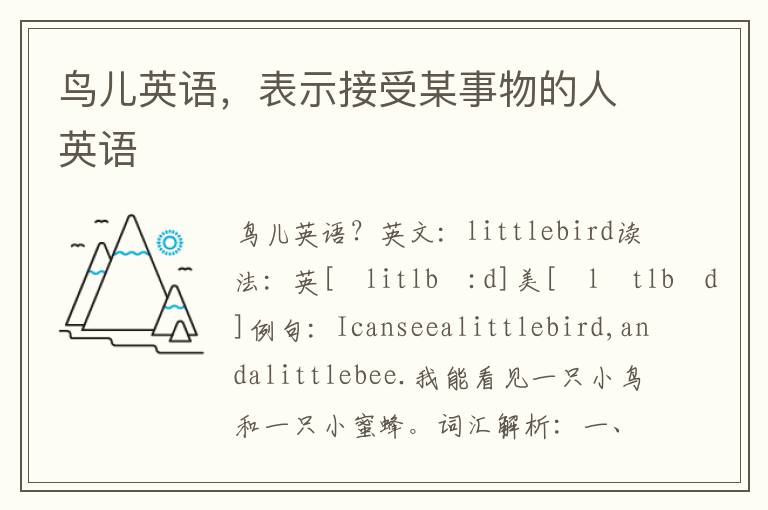【简介】感谢网友“雕龙文库”参与投稿,这里小编给大家分享一些,方便大家学习。
GMAT写作范文模板
What education fails to teach us is to see the human community as one. Rather than focus on the unique differences that separate one nation from another, education should focus on the similarities among all people and places on Earth.
What do you think of the view of education expressed above? Explain, using reasons and/or specific examples from your own experience, observations, or reading.
This view seems to recommend that schools stress the unity of all people instead of their diversity. While I agree that education should include leaching students about characteristics that we all share, doing so need not necessarily entail shifting focus away from our differences. Education can and should include both.
On the one hand, we are in the midst of an evolving global community where it is increasingly important for people to recognize our common humanity, as well as specific hopes and goals we all share. People universally prefer health to disease, being nourished to starving, safe communities to crime-riddled ones, and peace to war. Focusing on our unity will help us realize these hopes and goals. Moreover, in ear pluralistic democracy it is crucial to find ways to unify citizens from diverse backgrounds. Otherwise, we risk being reduced to ethnic, religious or political factions at war with one another, as witnessed recently in the former Yugoslavia. Our own diverse society can forestall such horrors only if citizens are educated about the democratic ideals, heritage, rights and obligations we all have in common.
On the other hand, our schools should not attempt to erase, ignore, or even play down religious, ethnic or cultural diversity. First of all, schools have the obligation to teach the democratic ideal of tolerance. And the best way to teach tolerance is to educate people about different religions, cultures and so on. Moreover, educating people about diversity might even produce a unifying effect-by promoting understanding and appreciation among people from all backgrounds.
In conclusion, while it may appear paradoxical to recommend that education stress both unity and diversity, it is not- Understanding our common humanity will help us achieve a better, more peaceful world. Toward the same end, we need to understand our differences in order to better tolerate them, and perhaps even appreciate them. Our schools can and should promote both kinds of understanding by way of a balanced approach.
GMAT写作范文模板
What education fails to teach us is to see the human community as one. Rather than focus on the unique differences that separate one nation from another, education should focus on the similarities among all people and places on Earth.
What do you think of the view of education expressed above? Explain, using reasons and/or specific examples from your own experience, observations, or reading.
This view seems to recommend that schools stress the unity of all people instead of their diversity. While I agree that education should include leaching students about characteristics that we all share, doing so need not necessarily entail shifting focus away from our differences. Education can and should include both.
On the one hand, we are in the midst of an evolving global community where it is increasingly important for people to recognize our common humanity, as well as specific hopes and goals we all share. People universally prefer health to disease, being nourished to starving, safe communities to crime-riddled ones, and peace to war. Focusing on our unity will help us realize these hopes and goals. Moreover, in ear pluralistic democracy it is crucial to find ways to unify citizens from diverse backgrounds. Otherwise, we risk being reduced to ethnic, religious or political factions at war with one another, as witnessed recently in the former Yugoslavia. Our own diverse society can forestall such horrors only if citizens are educated about the democratic ideals, heritage, rights and obligations we all have in common.
On the other hand, our schools should not attempt to erase, ignore, or even play down religious, ethnic or cultural diversity. First of all, schools have the obligation to teach the democratic ideal of tolerance. And the best way to teach tolerance is to educate people about different religions, cultures and so on. Moreover, educating people about diversity might even produce a unifying effect-by promoting understanding and appreciation among people from all backgrounds.
In conclusion, while it may appear paradoxical to recommend that education stress both unity and diversity, it is not- Understanding our common humanity will help us achieve a better, more peaceful world. Toward the same end, we need to understand our differences in order to better tolerate them, and perhaps even appreciate them. Our schools can and should promote both kinds of understanding by way of a balanced approach.









